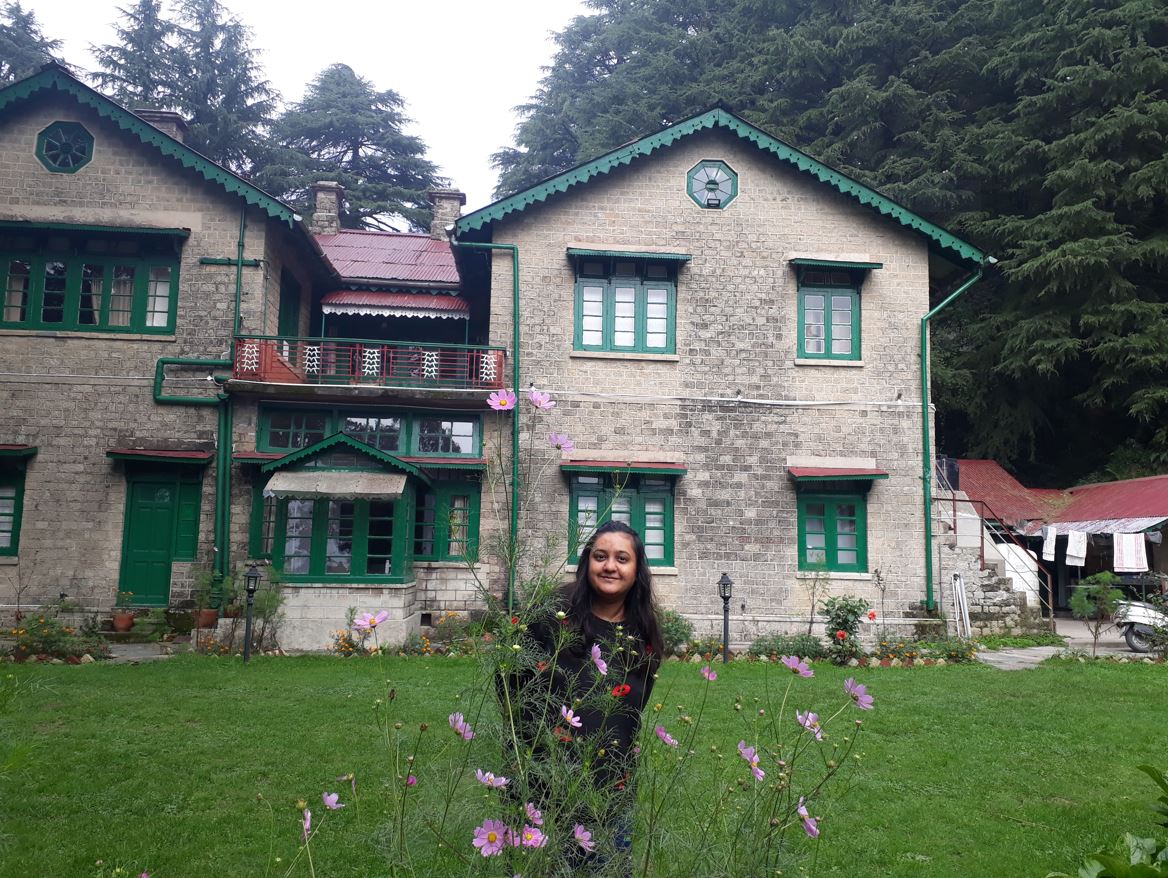By Nivi Shrivastava
Imagine if you could drive uphill on serpentine roads among the clouds, breathing in the fresh mountain air from fragrant pine trees. You also get glimpses of breath-taking views – clear blue skies above and lush valley gleaming underneath. Too good to be true, isn’t it? But, even in this day and age when massive climate change has affected all-natural vegetations, there lays an untouched town of Dalhousie in the lap of the Himalayan mountain range, flourishing in serene environs away from man-made pollution. The natural springs and brooks coming out of archaic rocks in dense coniferous forests of this town will magically transport you in a tranquil atmosphere, and within no time you’ll be away from stress and city din.
Old World Charm
Blessed with amazing vistas and scenic beauty, Dalhousie is a pleasant little hill station in the Chamba district of Himachal Pradesh. It is situated over five hills — Kathalagh, Potreyn, Terah, Bakrota, and Bhangora — at an elevation of 1,970 meters above the sea level. It is famous for its unique connection with the Raj era and was established as a summer retreat for the officers. Famous for its marvellous splendour and blissful temperature throughout the year, this town was named after the Earl of Dalhousie in 1854, who was the British Governor-General in India at that time.
Pre-Independence, the British constructed colonial mansions and Victorian churches across the town to mark their territory, and one can still find those buildings as landmarks in the town. Perhaps, the most interesting aspect of this destination is oodles of old-world charm wrapped in quaint historic buildings that stand tall and tell tales of an era bygone – all you have to do is to stop and soak in the history. Another popular mansion-turned-hotel located on the highest peaks of Moti Tiba hills is the Brijvilla – a colonial-style bungalow nestled above the circuit in the middle of dense Deodar trees. It is famous among tourists, who come here to experience the English homestay and live among the mystical hilltop. From the age-old monuments like Saint Francis church and Saint John’s church to the natural springs and waterfalls like the Panch Pulla, Satdhara Falls and the Daikund peak – there are a couple of fascinating touristy spots in this establishment.
One can walk across the town and check out the two prominent landmarks here – the Gandhi Chowk and the Subhash Chandra Chowk, where the statues of the two respective freedom fighters are erected facing the main mall road. One of the main reasons for Dalhousie being a sparsely populated hill station is that it falls under category III Cantonment area, due to which it’s a high-security zone. If you continue walking near the slopes of the Air Force base it leads to a Hindu temple and the Dainkund Peak also called as the singing hill. While most of the places here could be covered by foot or short treks around the hills, for exploring the waterfalls and the snow-capped peaks of Dhauladhar mountain range of the Himalayas one would need a vehicle to reach the foothills.
Mini Switzerland of India

Near the town is a famous tourist spot called Khajjiar, located at 2000 meters above sea level and is often called the ‘mini Switzerland of India.’ Khajjiar is a short drive from the main town and is surrounded by thick covers of deodar and pine trees. In the middle of the forest is the Khajjiar Lake, famous as a picnic spot with the backdrop of the snow-capped Himalayas. A popular Khajji Nag Temple built in the 12th century is also a famous attraction here.
One can also trek along the high-altitude forests of the Kalatop Wildlife Reserve and check out the unique flora and fauna of these hills. The sanctuary is situated between the thick pine, deodar and oak forests, covering an area of 30.69 square km. Here one can spot wild animals and birds like the famous Himalayan Black bear, monkeys, pheasants, and Himalayan black marten etc.
(Experince courtsey: Brijvilla, Dalhousie
The writer is a Delhi-based blogger, and you can reach her at newspeakwork@gmail.com)

